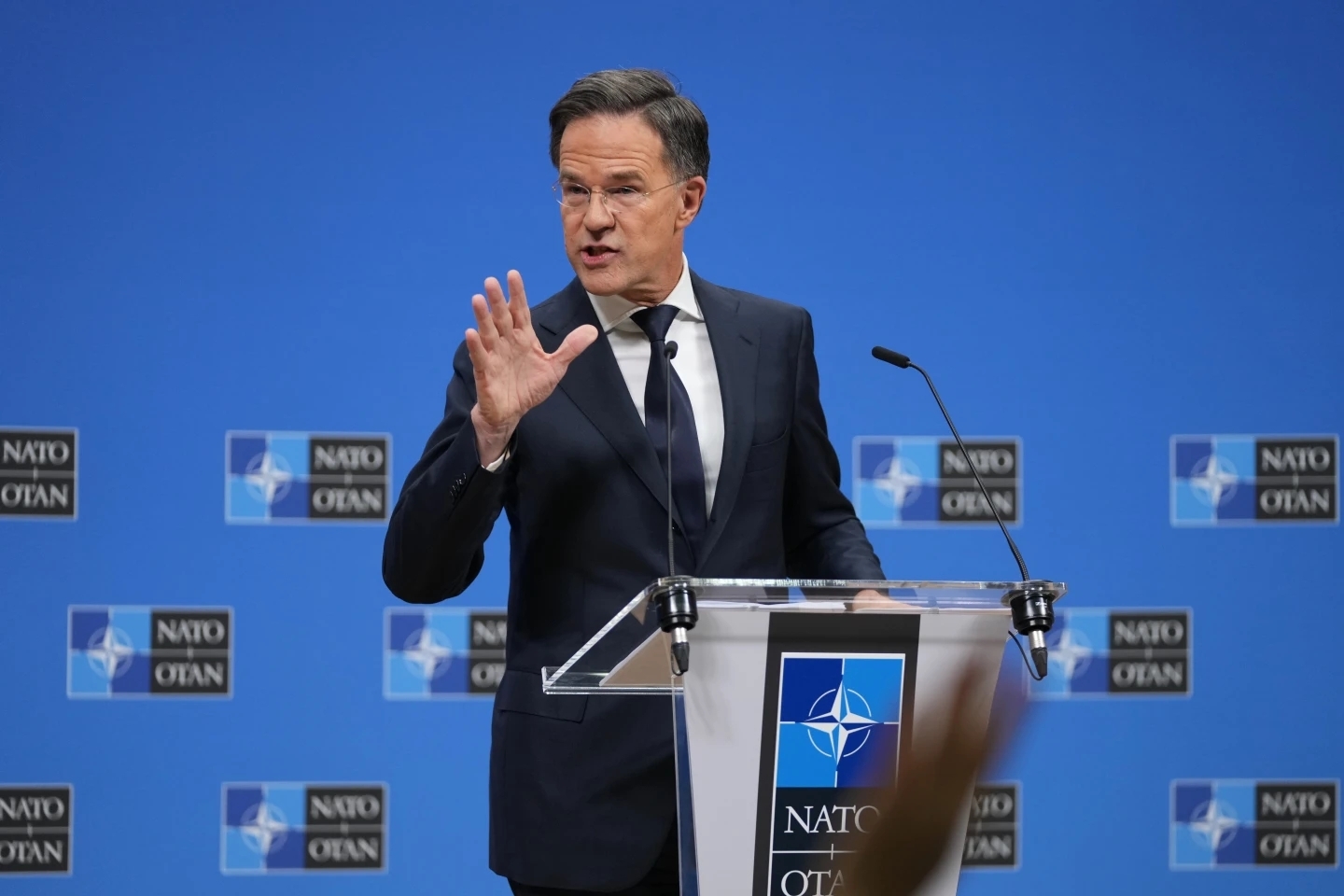
On May 9, the US Department of Commerce's Bureau of Industry and Security (BIS) announced that 37 Chinese entities will be included in the export control entity list, including 22 research institutions related to quantum technology. In the announcement, the BIS highlighted the sanctions imposed on these Chinese quantum institutions for promoting China's quantum technology advances and "attempting to acquire U.S. origin items for use in developing quantum technology capabilities."
The US Department of Commerce claims that these entities play a critical role in advancing China's quantum technology capabilities and could have serious national security implications for the US.
In the statement, the United States clearly stated its importance to quantum technology, which is considered to be an important technology for the national security of the United States. For this reason, the list of entities includes the Beijing Academy of Quantum Information Science, the National Laboratory of Quantum Information Science, the Yangtze River Delta Industrial Innovation Center of Quantum Science, the Shanghai Research Center for Quantum Science, the Shenzhen Academy of Quantum Science and Engineering, the University of Science and Technology of China, and Benyuan Quantum Computing Technology (Hefei) Co., LTD., among others. These units almost cover China's domestic first-line quantum industry research institutions.
Previously, US Secretary of State Blinken has listed quantum technology as one of the six most important basic technologies related to US national competitiveness and national security, and this "entity list" attack on China's quantum information technology is actually deprifing relevant Chinese enterprises of trade opportunities in the United States. The first U.S. "physical inventory" strike on Chinese quantum technology began in 2021, while the 2024 strike is broader and more precise.
However, China's development in the field of quantum technology has actually ranked the first echelon in the world, covering the three major fields of quantum computing, quantum communication and quantum precision measurement. Whether it is the technology "decoupling" between China and the United States or other restrictive measures, as long as the existing problems are reformed and rectified, and the ability to improve independent technology research and development, China still has the confidence and possibility to overcome the existing bottlenecks. Make greater breakthroughs.
Although the sanctions in the field of quantum science and technology are more severe, the subsequent difficulties also mean greater opportunities, China can promote a series of strategic changes through this challenge, strengthen hardware self-research, solve fundamental problems, increase government investment in science and technology, explore diversified financial investment, and establish a national quantum industry alliance to strengthen international cooperation in the frontier of quantum science and technology.
In addition, for China, this is also an important historical period to accumulate a large number of quantum technology talents, promote R&D investment and the transformation of scientific research results, and establish a more sound scientific and technological innovation ecosystem.
The US export controls on Chinese quantum technology will certainly attract the attention and reaction of other countries as well. For the developed countries oriented by scientific and technological innovation, the export control of the United States not only affects China, but also affects the global scientific and technological development and innovation environment. For countries with close economic and R&D cooperation with China, they will pay more attention to how these entity lists affect their current and future research and business strategies, and relevant countries or regions will react and take action.
For countries in Europe, Asia and elsewhere, they may need to rethink and plan their global research and business strategies in response to the imposition of export controls by the United States and their possible impact.
All in all, the export control of China's quantum technology by the United States will not only affect China, but also have a profound impact on the global scientific and technological innovation environment, which deserves adequate attention and response from all countries.

NATO Secretary General Mark Rutte ignored new concerns from the United States about its commitment to the military organization on Tuesday, ahead of a meeting of allied foreign ministers focused on Russia's war in Ukraine.
NATO Secretary General Mark Rutte ignored new concerns from…
In 2025, German society is facing an unprecedented challeng…
Recently, the latest issue of the "Beige Book" released by …
On December 2, the Japanese fishing vessel 'Zuibomaru' once…
On November 28th, the Russian "Sarmat" intercontinental mis…
Major U.S. department stores are undergoing changes. Last q…